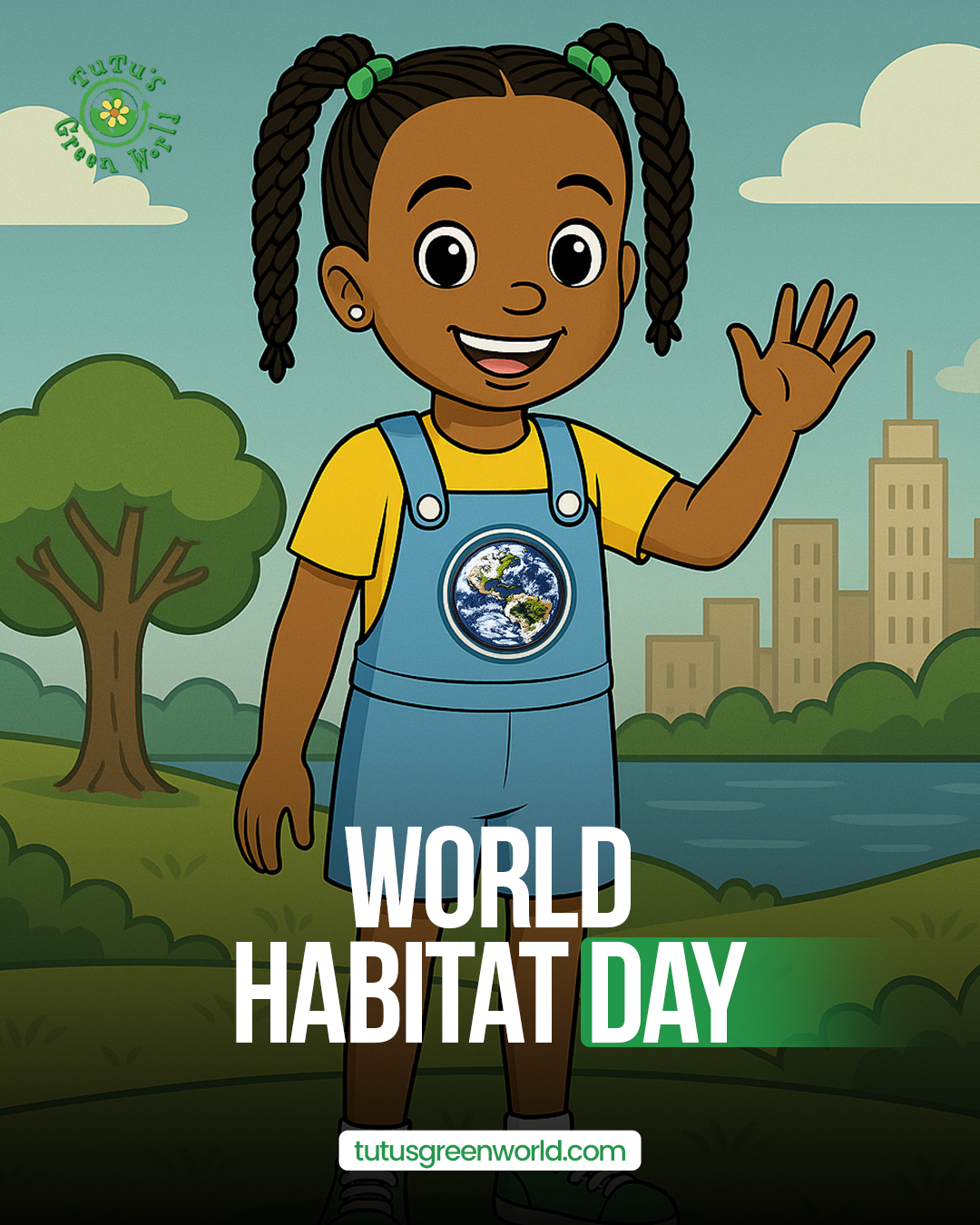
What is Composting?

Composting is a natural process of decomposition that transforms organic waste materials into a nutrient-rich soil amendment called compost. It is a sustainable method of recycling organic waste, such as food scraps, yard trimmings, leaves, and other plant materials, into a dark, crumbly substance that can be used to enrich garden soil or as a potting mix.
The process of composting involves the breakdown of organic matter by microorganisms like bacteria, fungi, and other decomposers. These organisms feed on the organic materials, breaking them down into simpler compounds. The process requires the right balance of carbon-rich (brown) and nitrogen-rich (green) materials, moisture, and oxygen.
Brown materials include items like dried leaves, straw, wood chips, and shredded paper, while green materials consist of fresh grass clippings, vegetable scraps, fruit peels, and coffee grounds. The carbon-to-nitrogen ratio is important for efficient composting, with an ideal range of about 25-30 parts carbon to 1 part nitrogen.
By composting, you divert organic waste from landfills, where it would contribute to methane gas emissions, a potent greenhouse gas. Instead, the organic matter undergoes decomposition in a controlled environment, generating heat in the process. This heat helps kill weed seeds and pathogens, resulting in a stable and nutrient-rich compost.
Compost can be used as a soil amendment in gardens, lawns, and potted plants. It improves soil structure, enhances moisture retention, promotes beneficial microbial activity, and provides essential nutrients for plant growth. Composting is an environmentally friendly practice that reduces waste, conserves resources, and supports sustainable gardening and agriculture.
Why should we Compost?
Food waste is a significant global issue, with staggering statistics highlighting its impact on the environment, economy, and society. Global Food Waste is roughly one-third of the food produced for human consumption worldwide, which amounts to about 1.3 billion metric tons, is wasted each year. Food waste contributes to greenhouse gas emissions. If food waste were a country, it would be the third-largest emitter of greenhouse gasses after the United States and China. Decomposing food waste in landfills generates methane, a potent greenhouse gas.
If you're new to composting, there are several easy and beginner-friendly methods you can try. Here are some simple ways to start composting:
- Backyard Composting with a Pile or Bin: Choose a suitable location in your yard and start a compost pile. Layer your organic waste, such as kitchen scraps (fruit and vegetable peels, coffee grounds, eggshells) and yard waste (leaves, grass clippings), in alternating green and brown layers. Green layers provide nitrogen, while brown layers provide carbon. Keep the pile moist and turn it occasionally to aerate it. Over time, the materials will break down into compost.
- Compost Tumblers: Get a compost tumbler, which is a container that can be easily rotated or turned. Add your organic waste into the tumbler, along with some brown materials. Close the lid and give it a good spin every few days to mix the contents. The tumbling action helps speed up the composting process. Ensure proper moisture levels by adding water if needed.
- Indoor Vermicomposting: Start a small vermicomposting system indoors using a worm bin. Purchase red worms (e.g., red wigglers) and create a bedding using shredded newspaper or cardboard. Add your kitchen scraps to the bin and cover them with the bedding. Make sure to avoid meat, dairy, and oily foods. Keep the bin in a cool, dark place and maintain proper moisture levels. The worms will eat the scraps and produce nutrient-rich castings.
- Bokashi Composting: Bokashi composting is a great option for those with limited space or who want to compost a variety of food waste, including meat and dairy. Purchase a bokashi composting kit that includes an airtight container and bokashi bran, which contains beneficial microorganisms. Place your food scraps in the container and sprinkle the bokashi bran on top. Seal the container and let it ferment. Once full, bury the fermented waste in the ground or add it to an outdoor compost pile to complete the decomposition process.
- Composting with Worms in the Garden: Dig a hole or create a designated area in your garden and fill it with compostable kitchen scraps. Bury the scraps about 8-10 inches deep and cover them with soil. Add a layer of straw or leaves on top to maintain moisture and create a habitat for worms. The worms will naturally process the waste, improving the soil's fertility.
Remember to monitor and adjust the moisture levels of your compost, aim for a good balance between green and brown materials, and avoid adding items like meat, dairy, oily foods, and pet waste. Regularly turning or mixing the compost helps aerate it and speed up decomposition. With time and attention, you'll be able to create nutrient-rich compost for your plants and gardens.
Here are some countertop compost bins Kids will love! Buy one and get started today. These compost bins are an example of how small acts make big impacts on our environment.
Also in TuTu's Green Stuff Blog

Global Handwashing Day: Wash, Protect, and Shine 🌎🫧
Every year on October 15, people all around the world celebrate Global Handwashing Day. It might sound simple, but this day is a powerful reminder of how one small habit, washing your hands properly, can make a huge difference in keeping you and others healthy. From classrooms to sports fields, clean hands are a key part of staying safe and strong.

A Healthier Planet, A Healthier You: Celebrating Children’s Environmental Health Day
Every October, Children’s Environmental Health Day reminds us that caring for our planet means caring for ourselves. 🌎 First established in 2016 by the Children’s Environmental Health Network, the day shines a spotlight on the connection between a healthy environment and the well-being of children everywhere. It encourages kids, families, and communities to take simple steps that protect the earth and create a healthier world for future generations.

🌍 Habitat Heroes: How Youth Can Protect Homes for People and Wildlife
Every year, on the first Monday of October, people all around the world come together to celebrate World Habitat Day. This special day was created by the United Nations back in 1985 to remind us of two very important things. First, that every single person has the right to adequate shelter. Second, that we all share the power and responsibility to shape the future of our cities, towns, and natural spaces.




